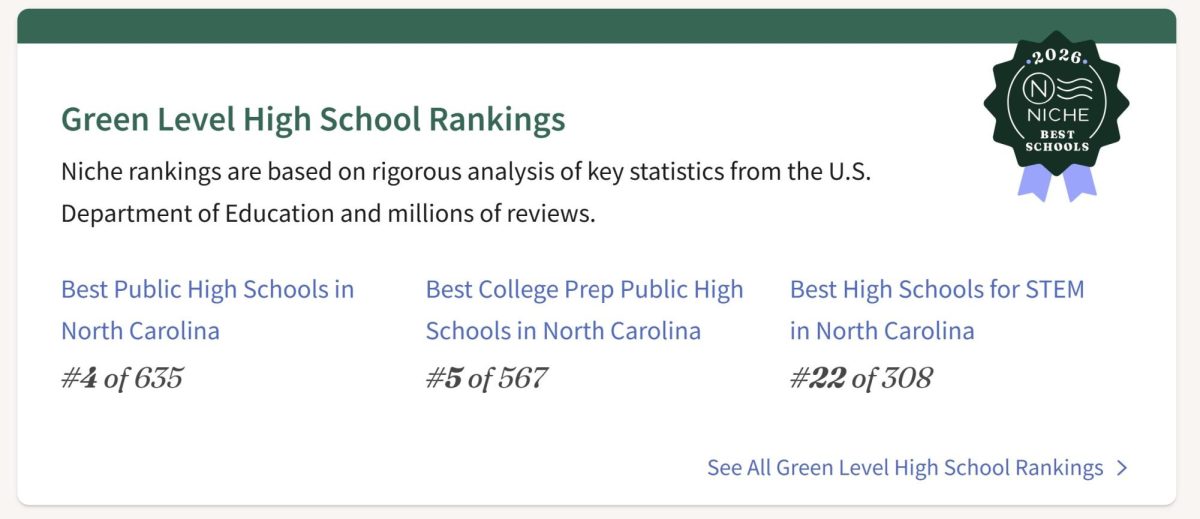An SAT is short for “Standardized Aptitude Test.” It is a major test for colleges to see how prepared you are for college, and what you have learned in high school. SATs are a big part of the high school experience, they can play a critical role in your ability to graduate. Because of this, these tests can bring lots of stress and anxiety, especially to unprepared students. This stress and anxiety can negatively affect your ability to take the test and decrease your score. So we are going to make sure you are prepared, with these tips on how to study for the SAT.
First, you want to make sure that you start preparation early. Ideally, SATs seem a long time away and it looks like you have all the time in the world; but that’s not true. Your senior and junior years, which statistically are the best years to take the SAT, are packed with other things such as extracurriculars, colleges, and possibly jobs. This will make it difficult for you to plan study times unless you do it in advance.
The College Board recommends planning 2-3 months in advance to ensure you have a time that does not interfere with other obligations. The best way to register is to go to collegeboard.org and check their website for more registration information. Then follow their directions and plan a date that works for you. Also taking PSATs (practice SATs) as early as possible would be a great tool. The Princeton Review recommends starting PSAT testing freshman year to leave room for most growth and improve testing skills. Here at Green Level, the school provides resources for PSAT testing and skills checks; look at the Green Level school website for more information.
Now you have learned when to study, however, it’s also a matter of how you should study. You should review your English and math skills since those are the subjects tested, and practice in the areas in which you have the most problems. Every time you take a practice test, examine the types of questions you miss. If you are still looking for your problem areas, a great resource would be the Khan Academy website. Take the Course Challenges Math and English, which will give credit for mastered skills and identify problem areas.
Remember, practice is the key to improving your SAT score. After every PSAT your goal should be to improve your score and test-taking time. The SAT is a timed test, so it’s important to become comfortable with the timing of the exam. The math portion of the SAT is 70 minutes (two 35-minute modules) long with 44 questions; the reading and writing portion consists of two 32-minute modules (64 minutes total) and has 54 questions. That means you have 95 seconds per question on the math portion, and just over a minute per question for the reading and writing portion. Thus, it is very important that you also practice time management skills on this test. Some tips would include:
- Leave time at the end of each module to review your answers
- Save time on easier questions
- Trust your instincts, don’t second guess yourself!
- Mark questions you are not sure about for review
- Don’t start the second module early (SAT gives you the option to start the second module before the time for the first module is up)
- Don’t leave any questions unanswered!
The first PSAT exam is on Tuesday, October 15th. If you follow these tips while doing PSATs, the SATs will be much less difficult. Standardized tests like the SAT can be extremely nerve-wracking, and incredibly overwhelming, but with the right approach, this task can be much more manageable. With the use of consistent, efficient practice your weaknesses will show and be improved upon. Also utilizing key tools like school resources, and Khan Academy could be a crucial part of the studying experience. While also making sure to schedule far enough ahead of time to approach the test with confidence, and reduced anxiety. In the end, preparing for the SAT is not just the same as any other test or quiz, it is a complicated process that requires the utmost care and attention from high school students. Studying for the test is not just about the questions, it’s also about the strategy and problem-solving skills as well, to aid your academic success in the future.













